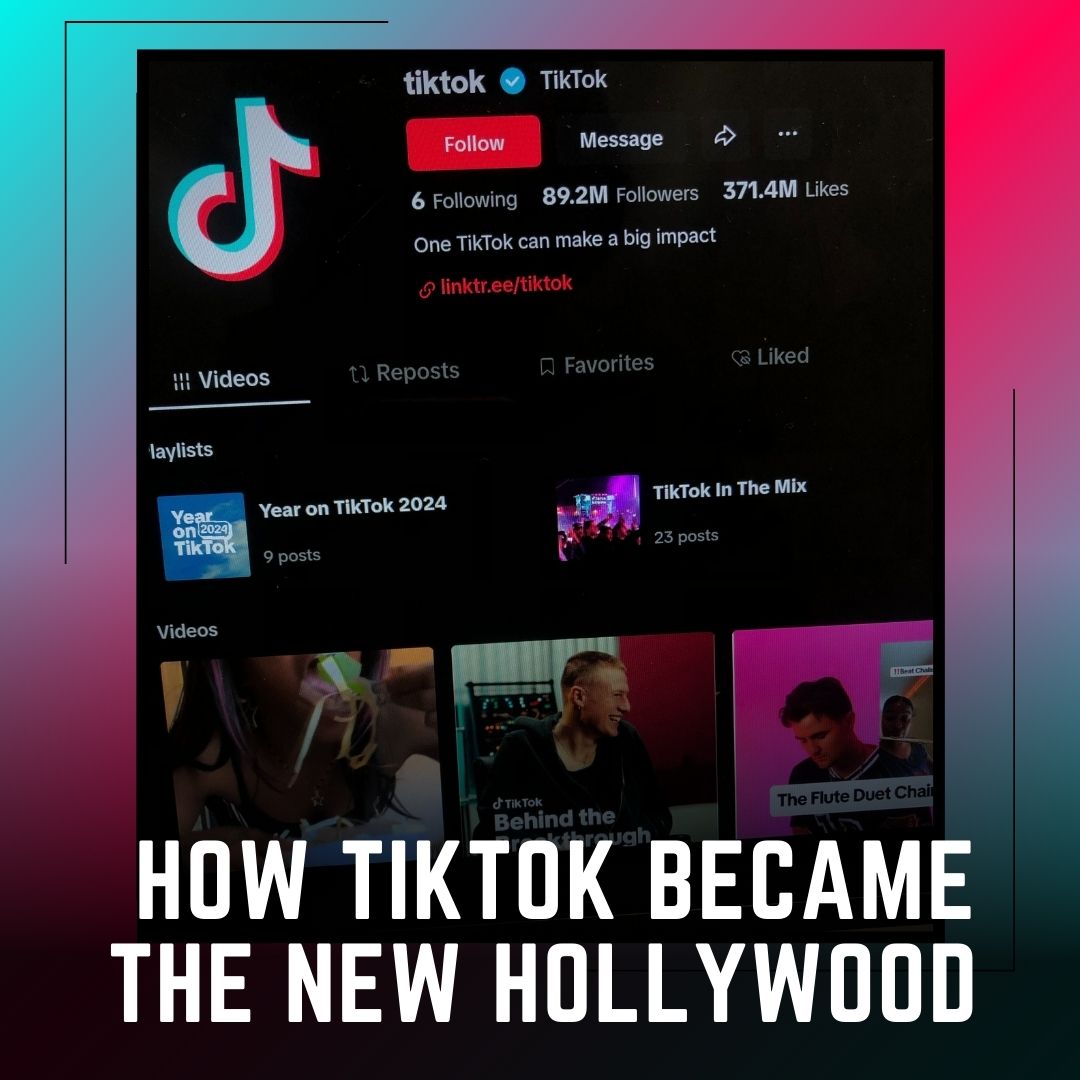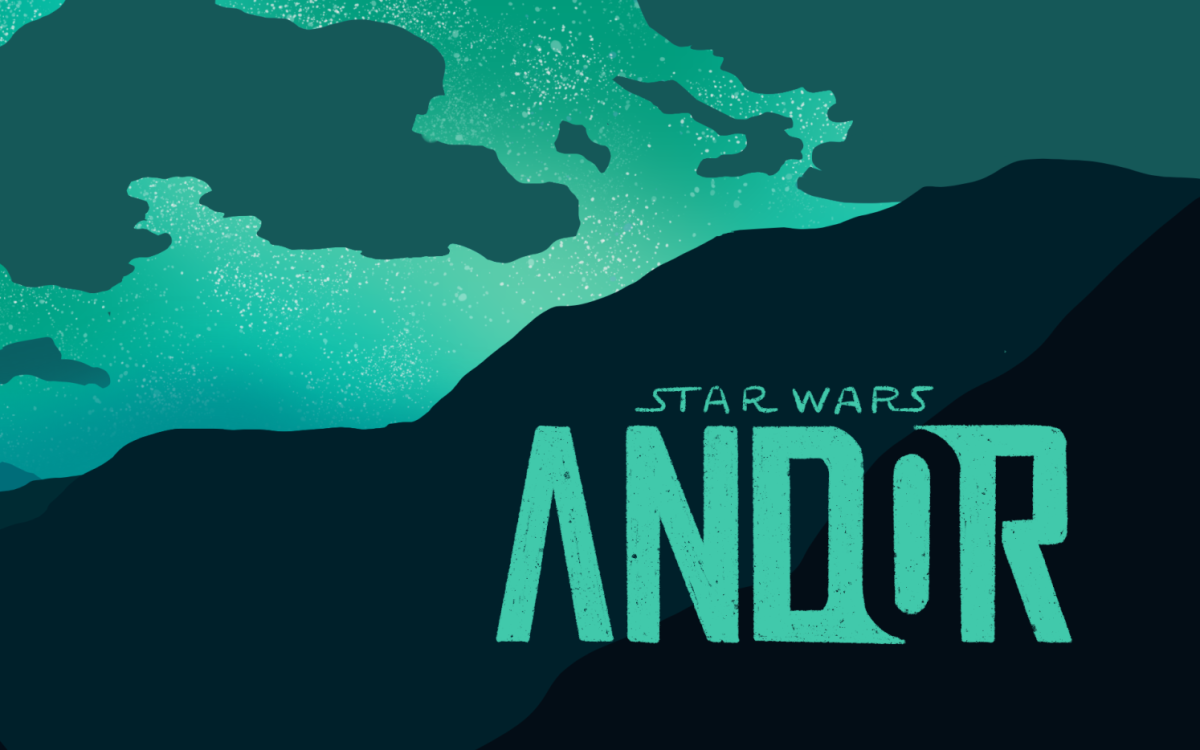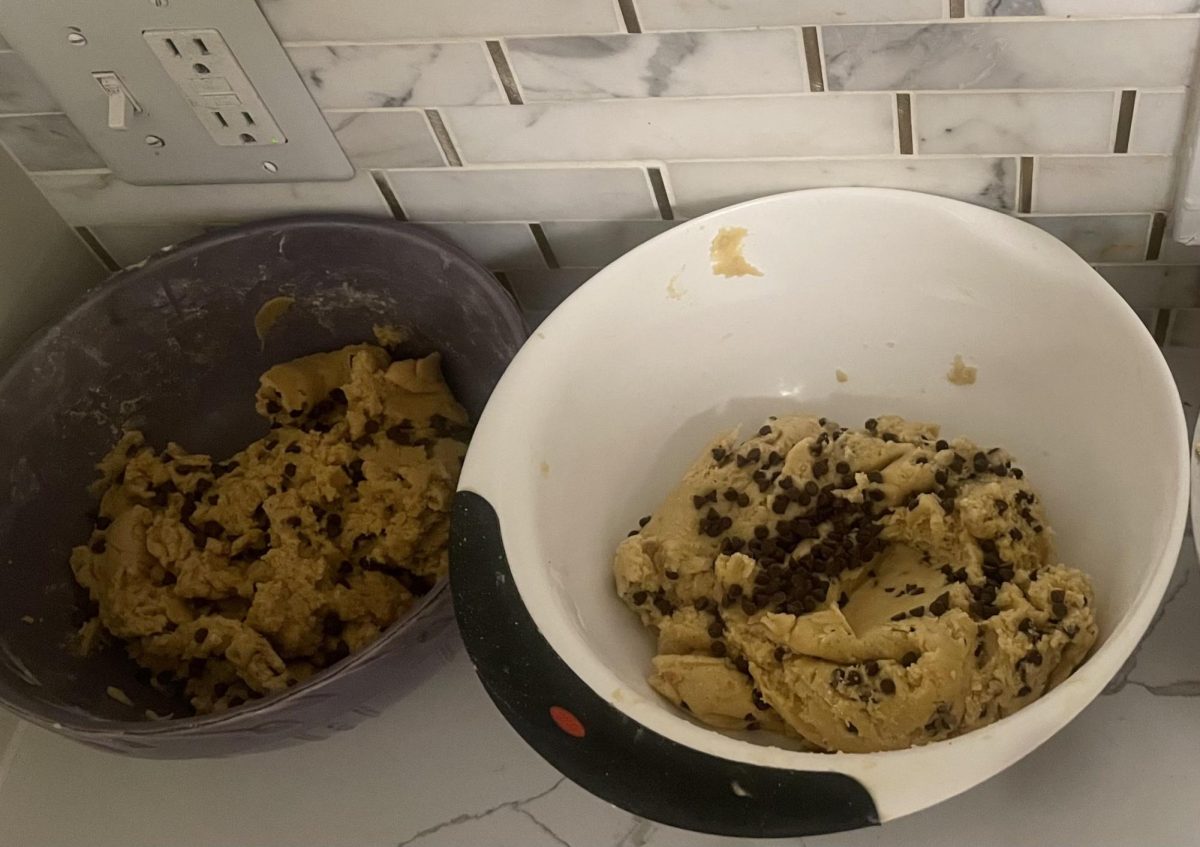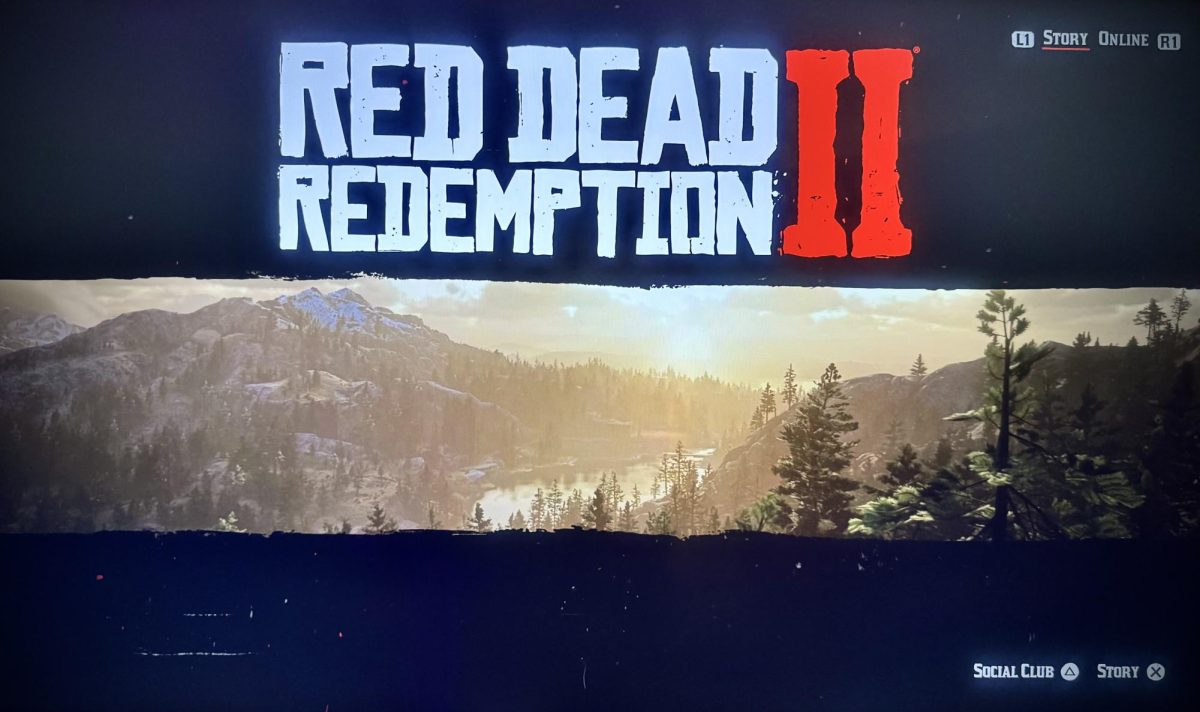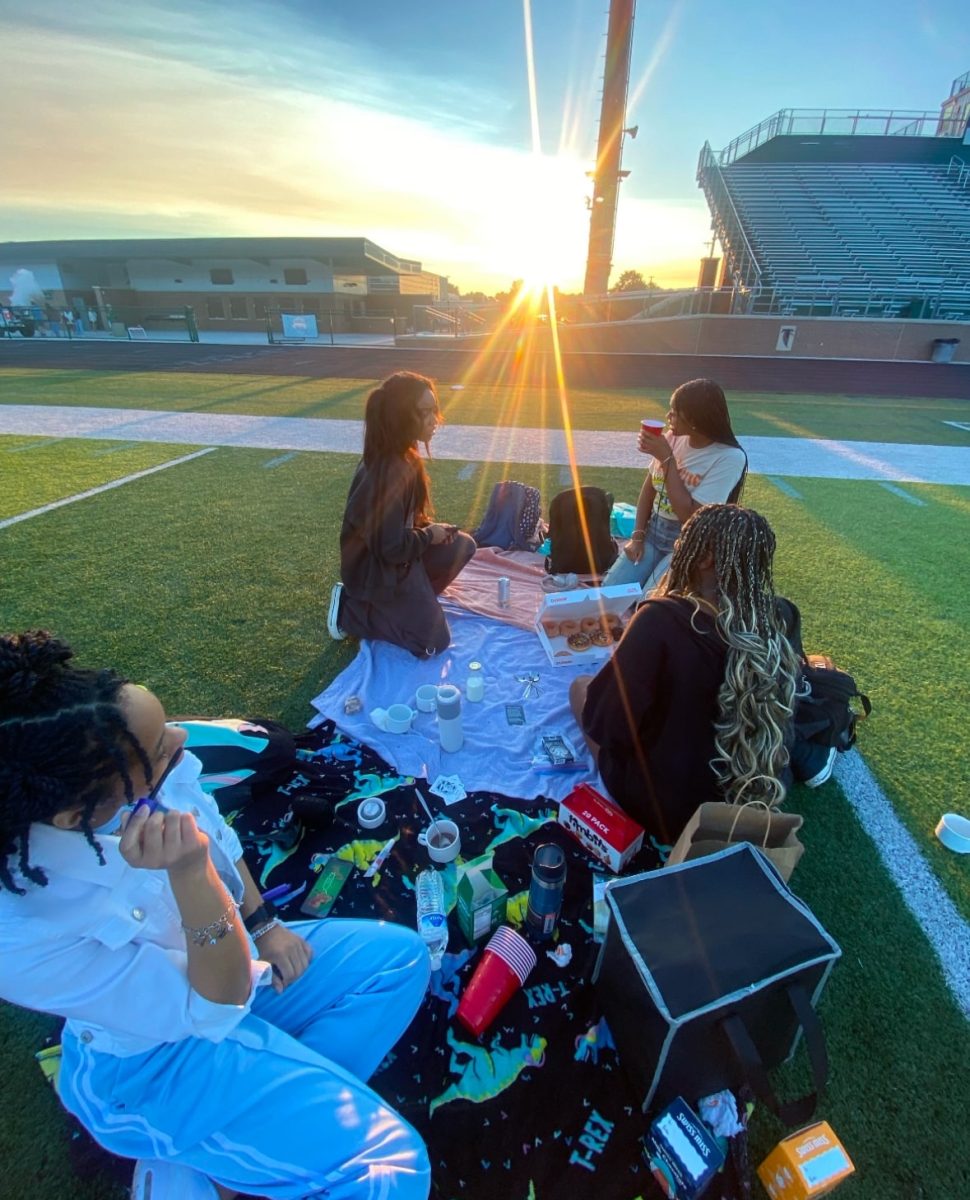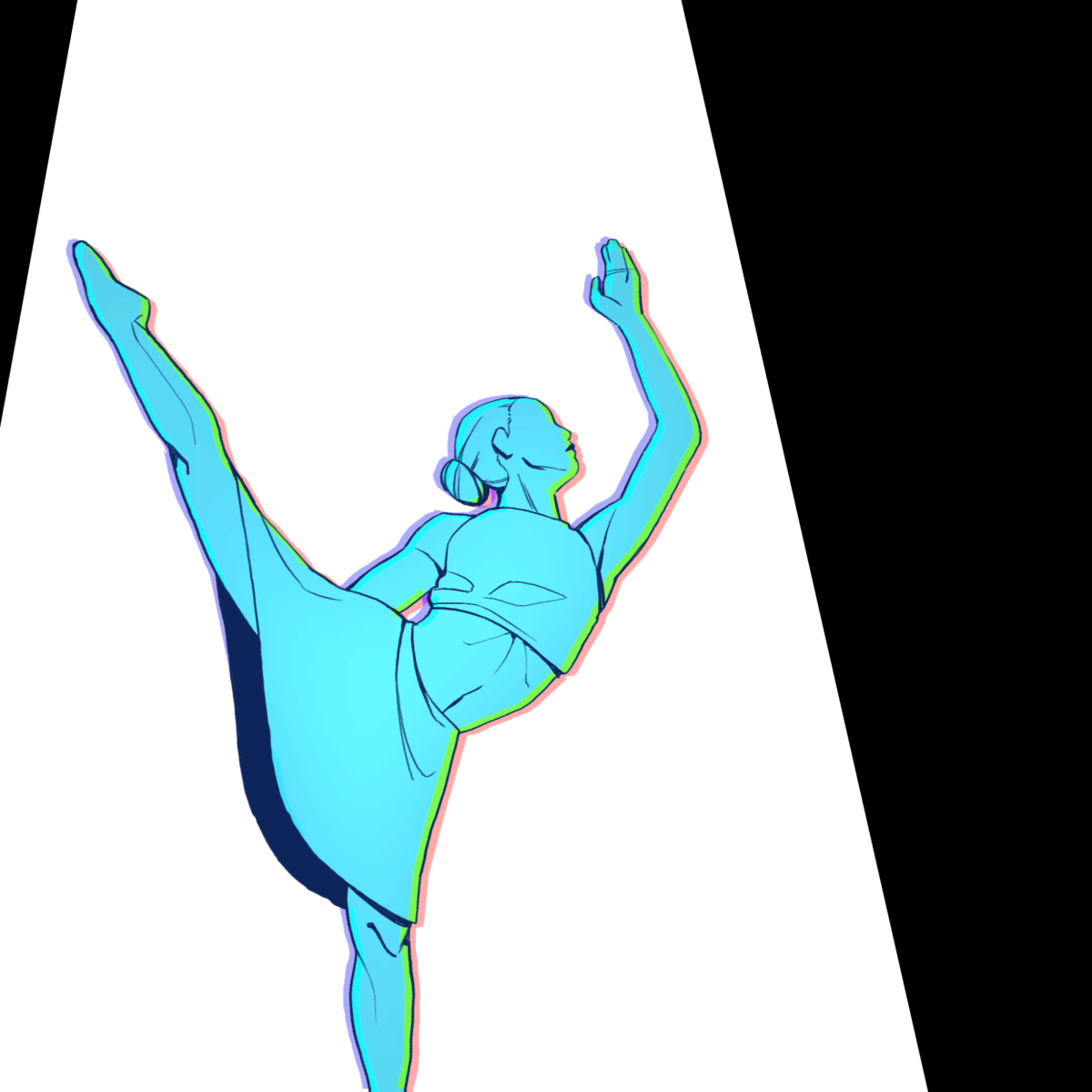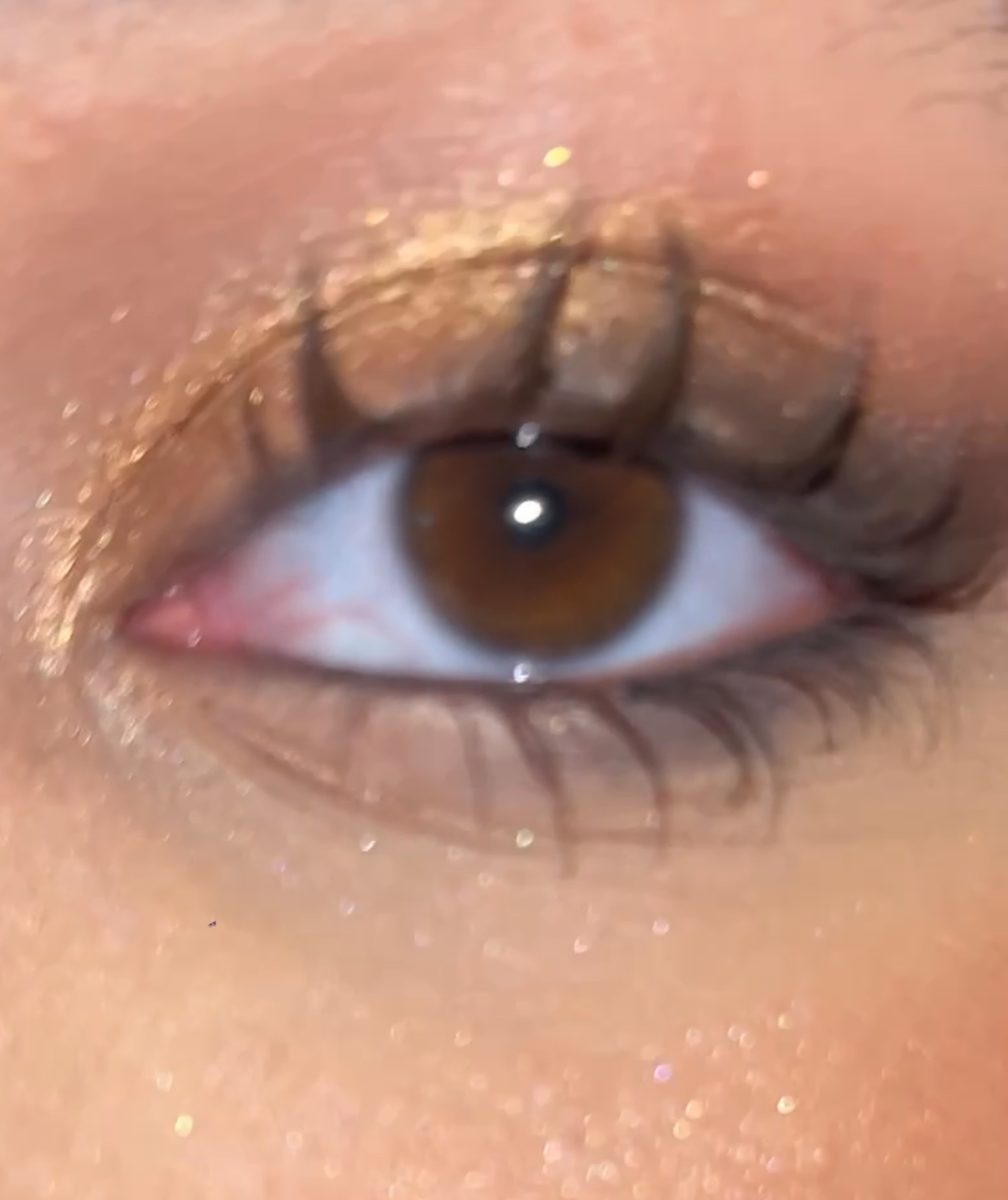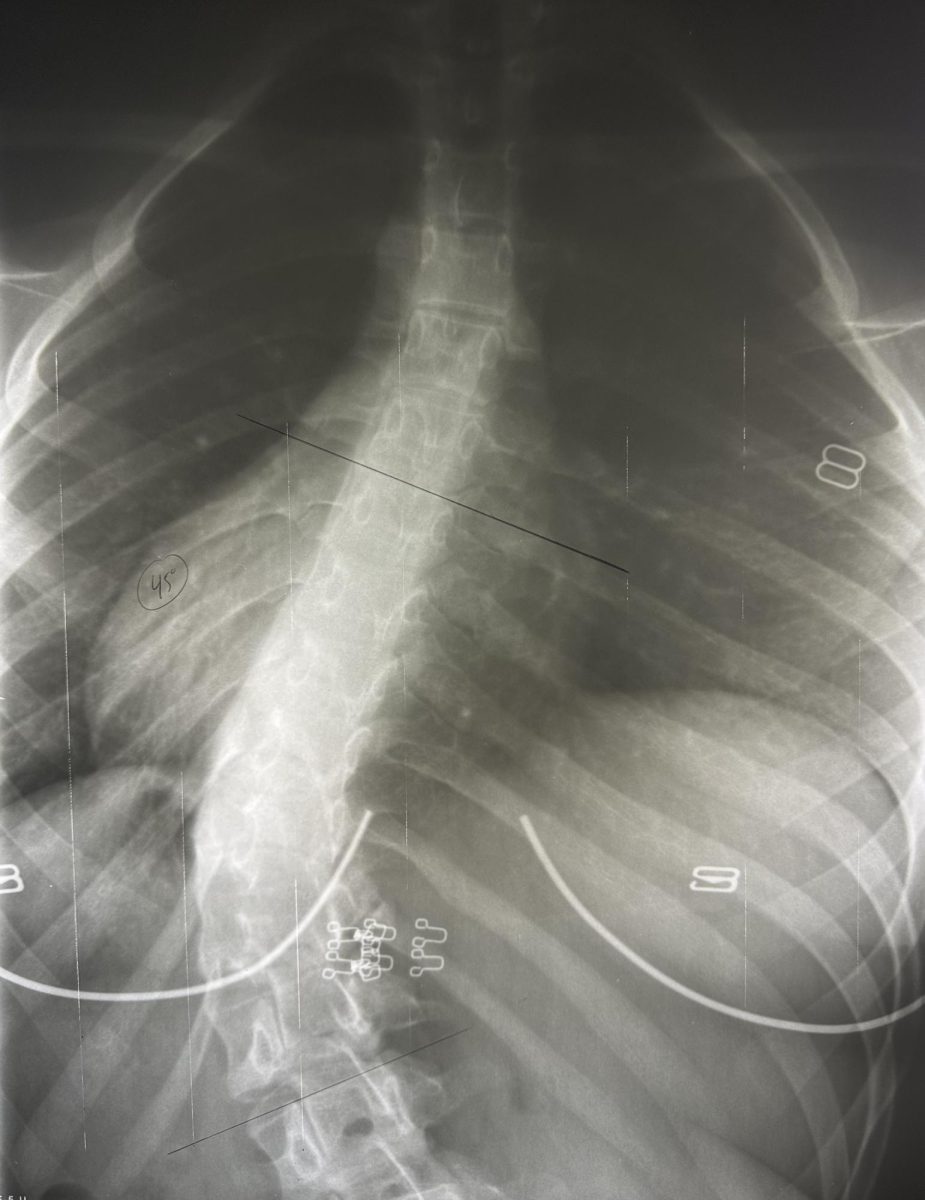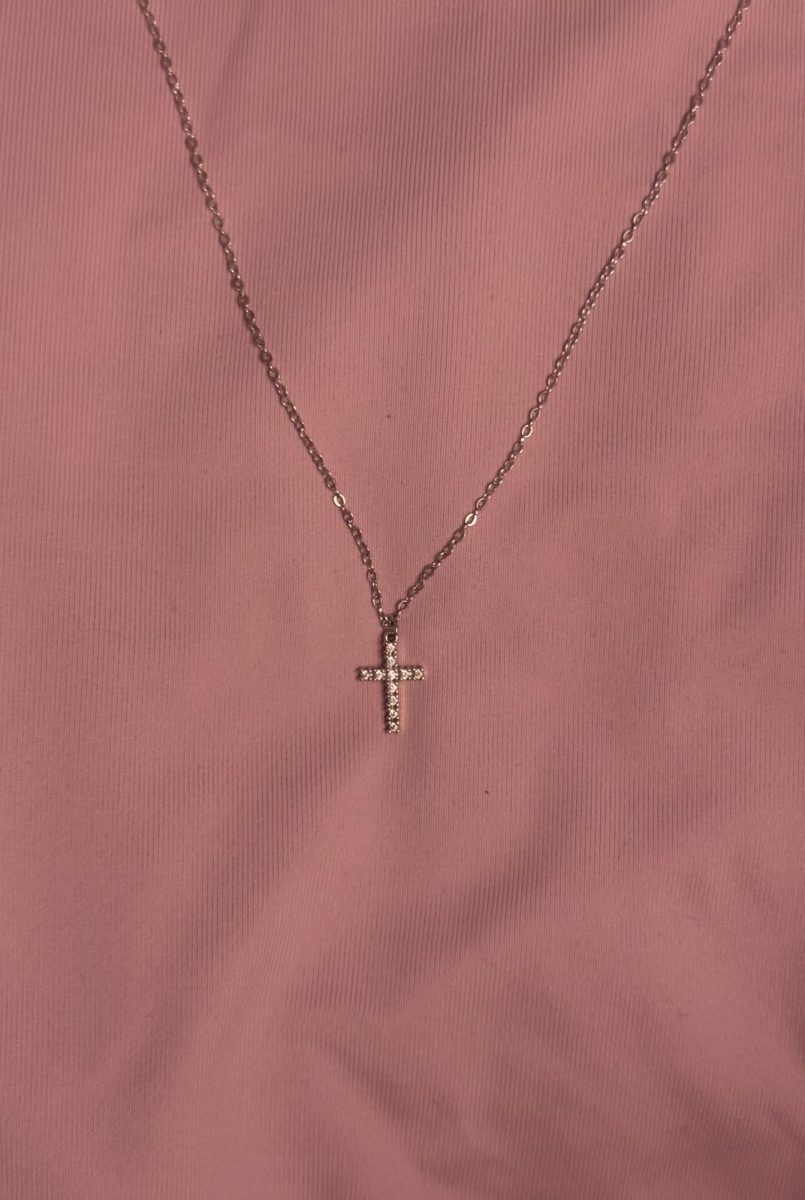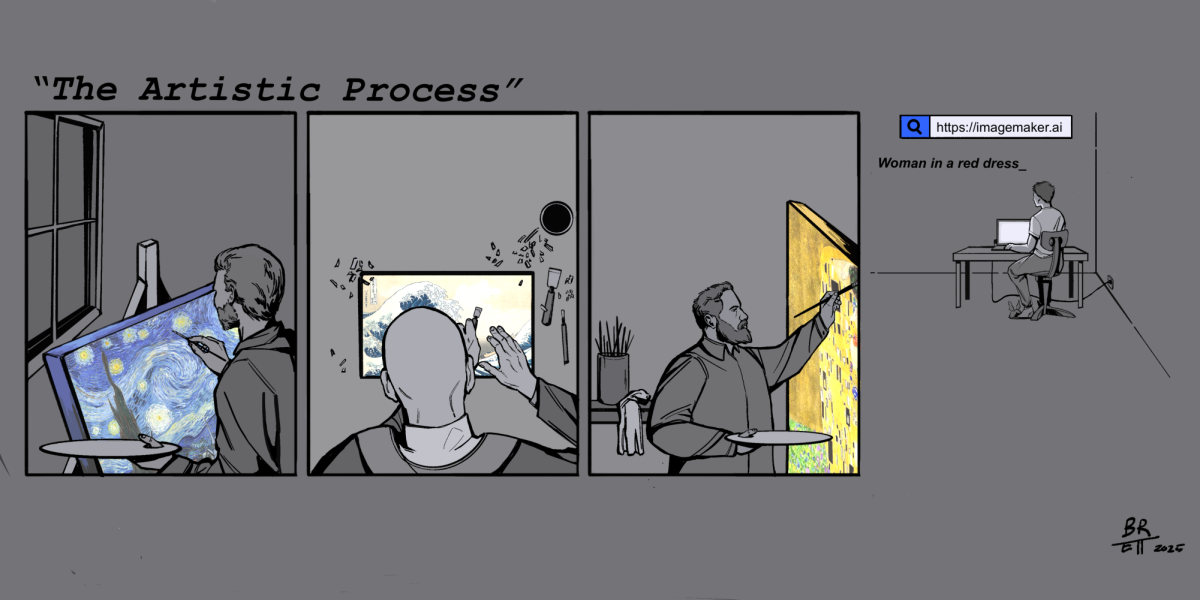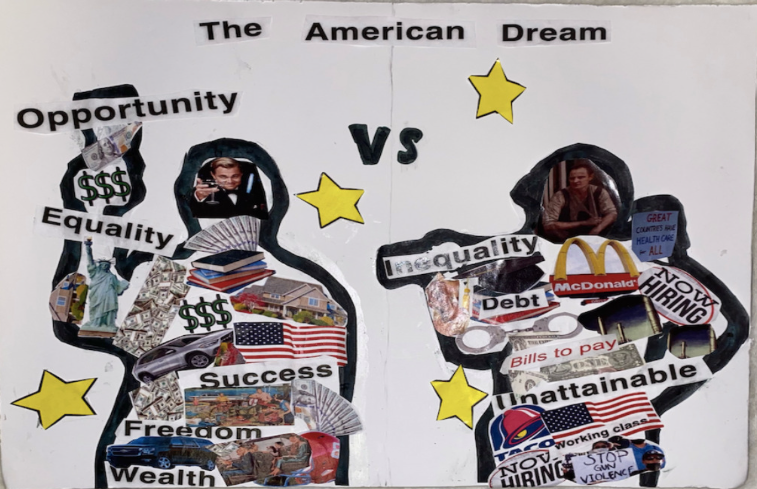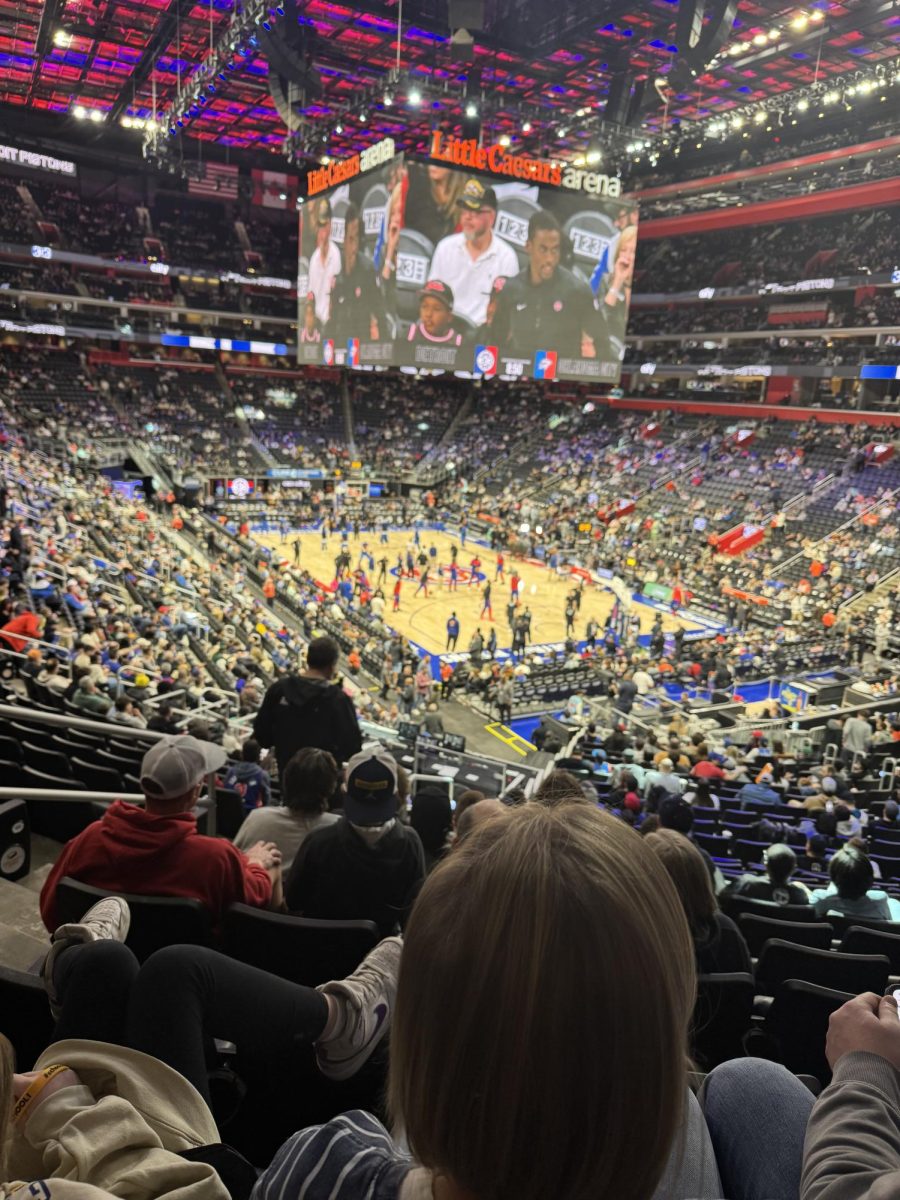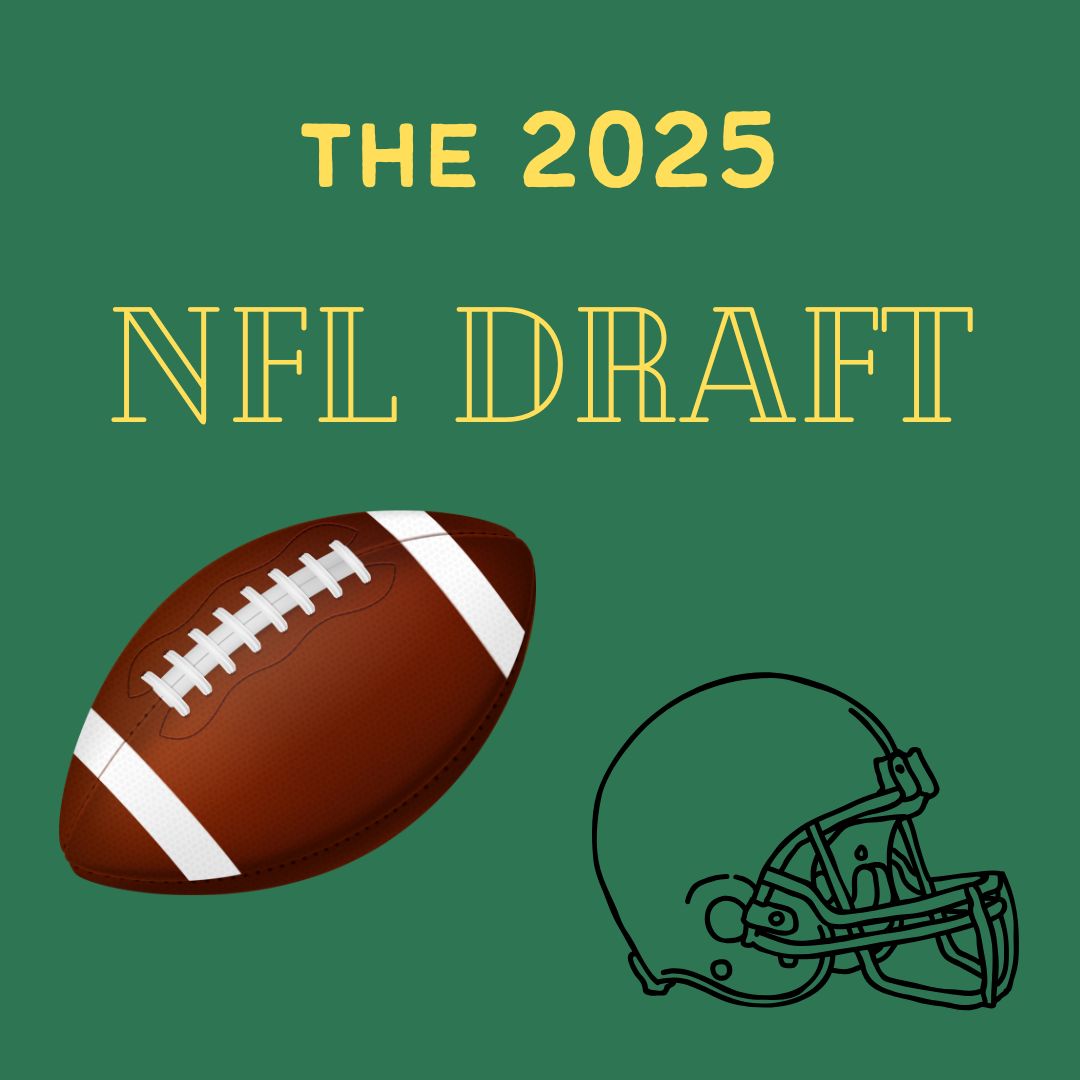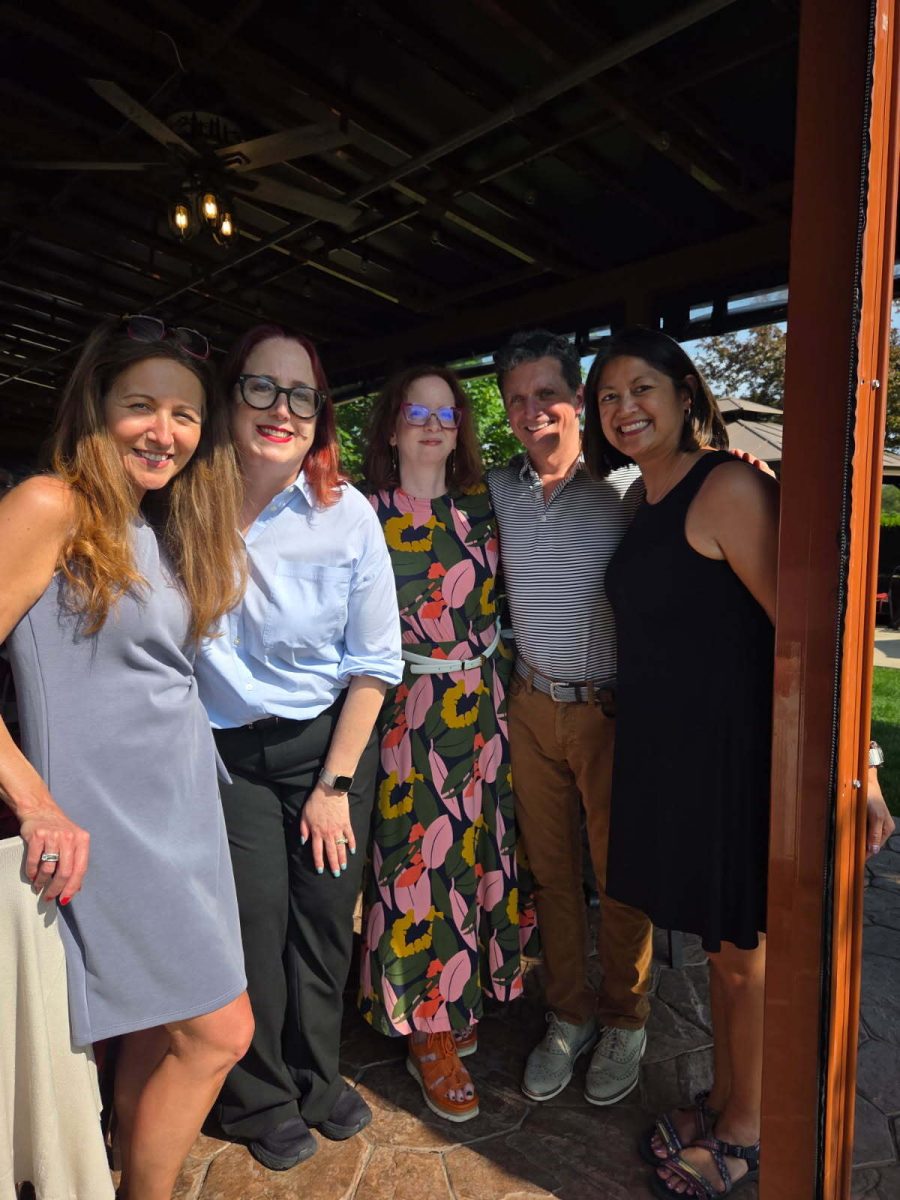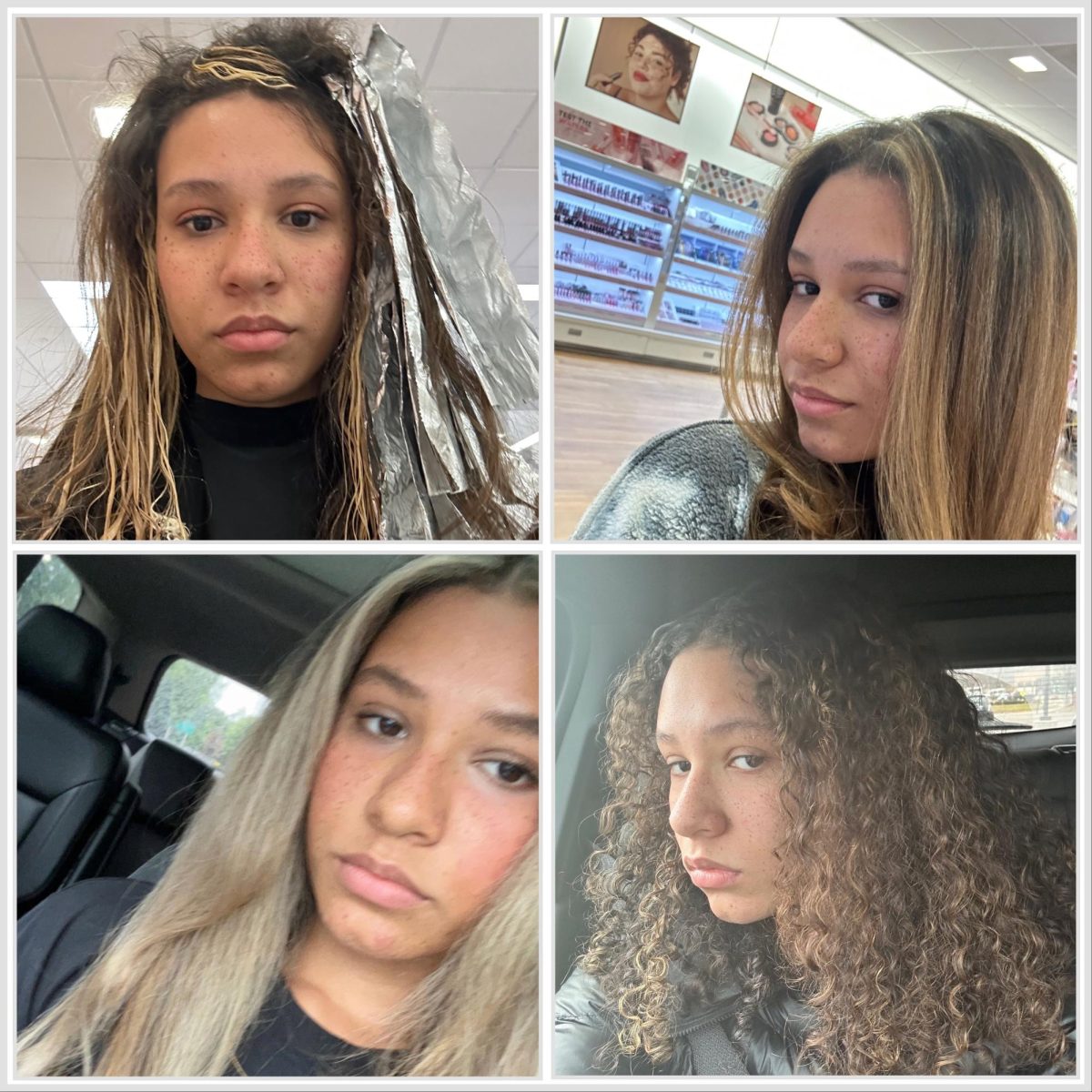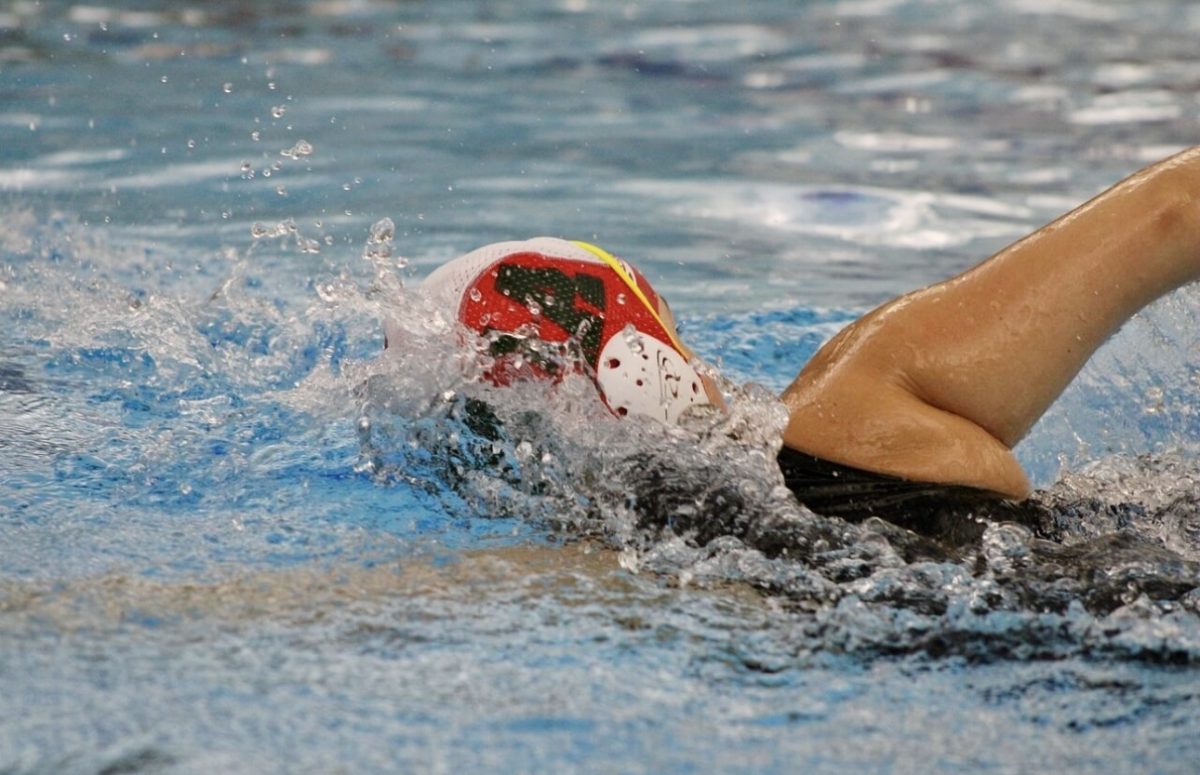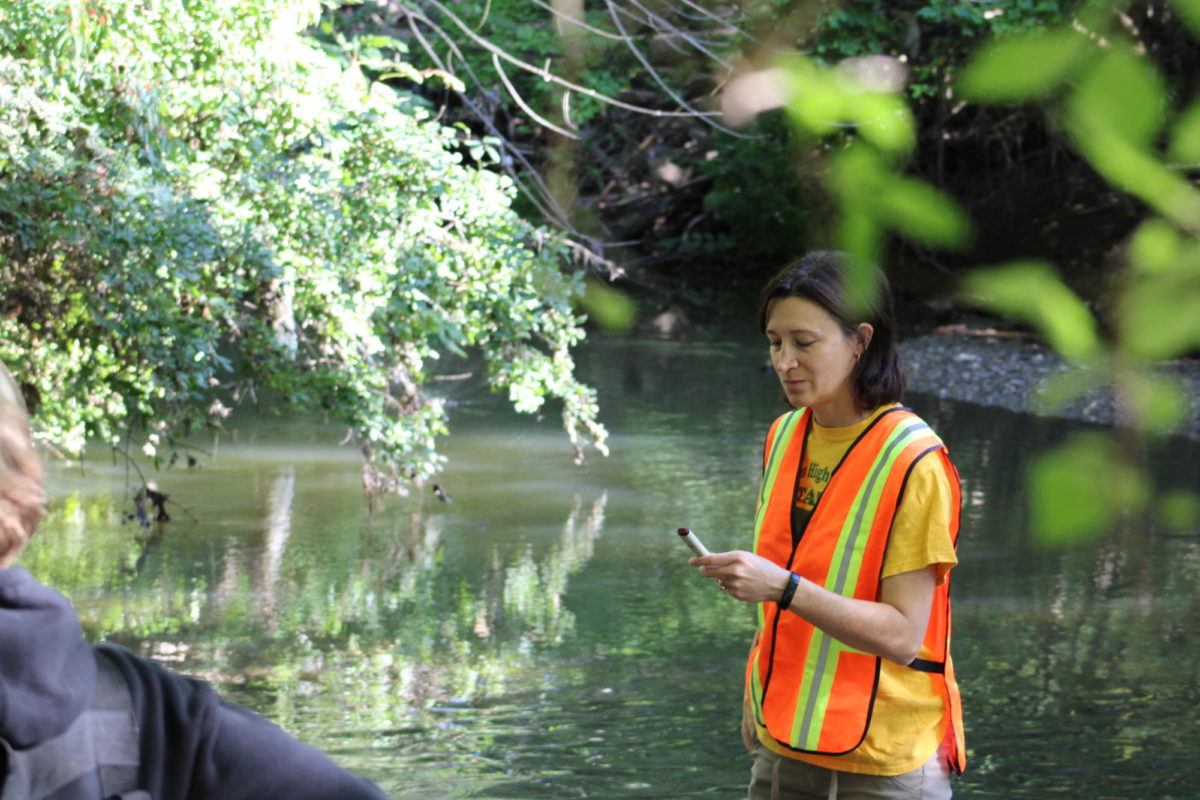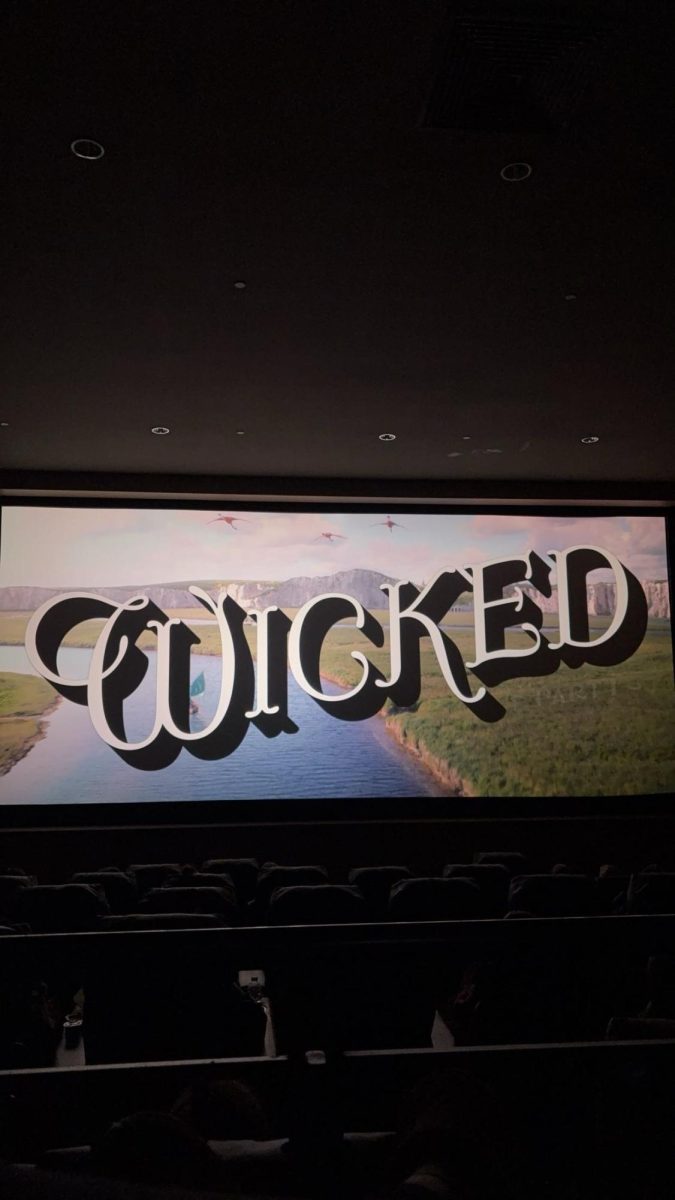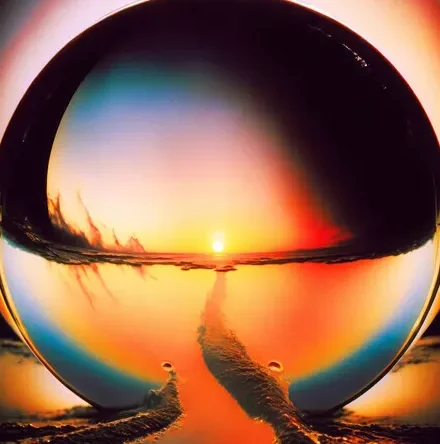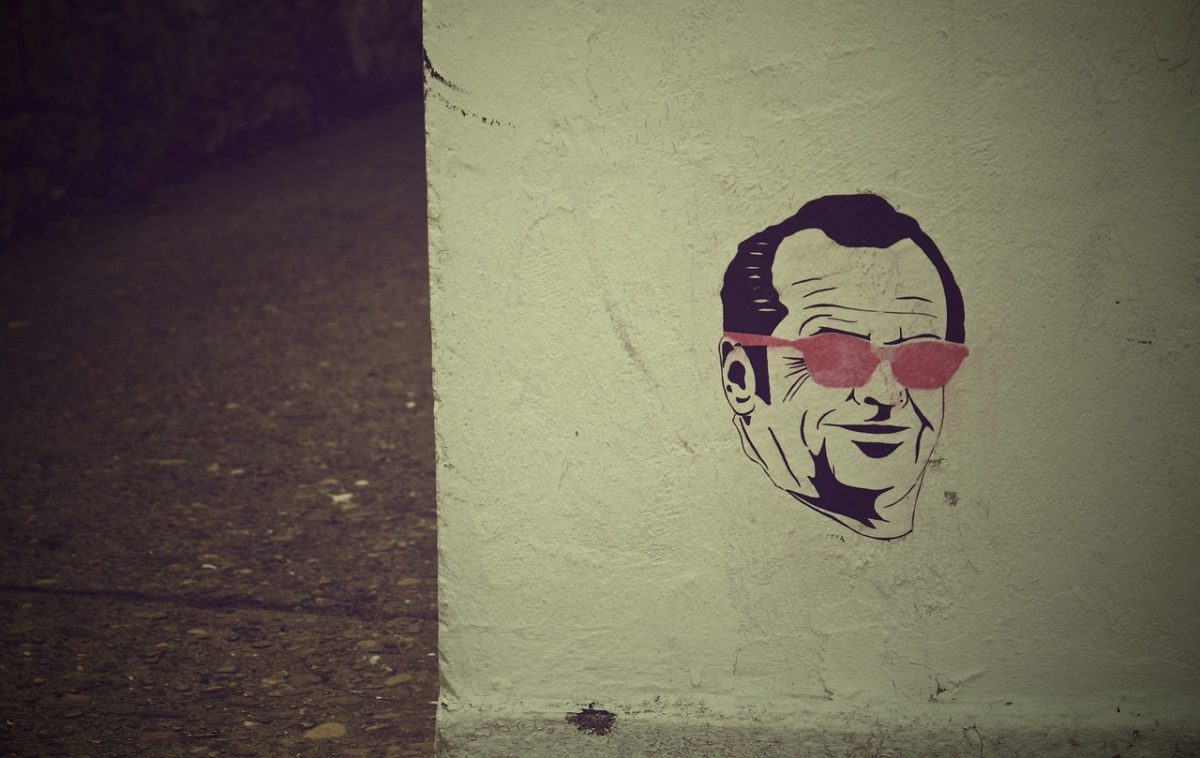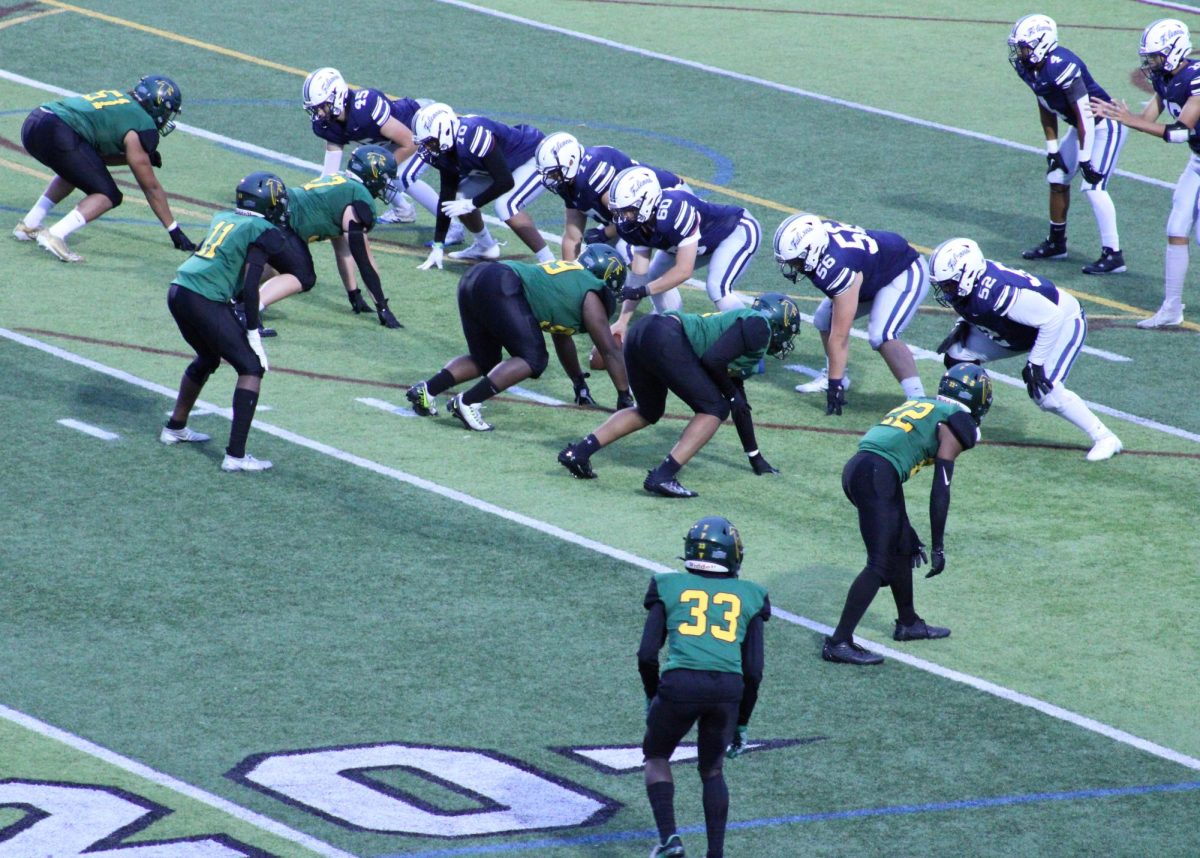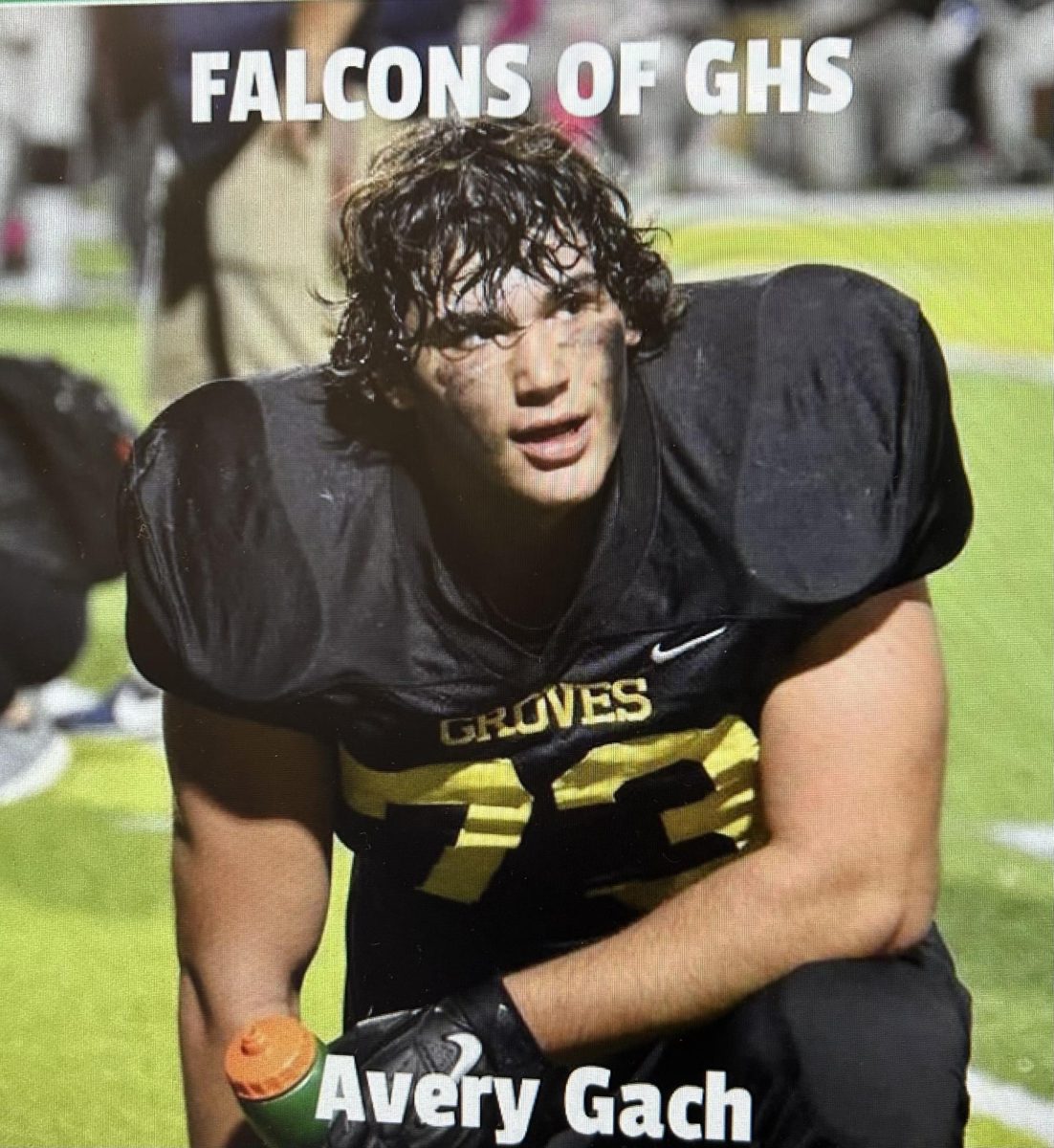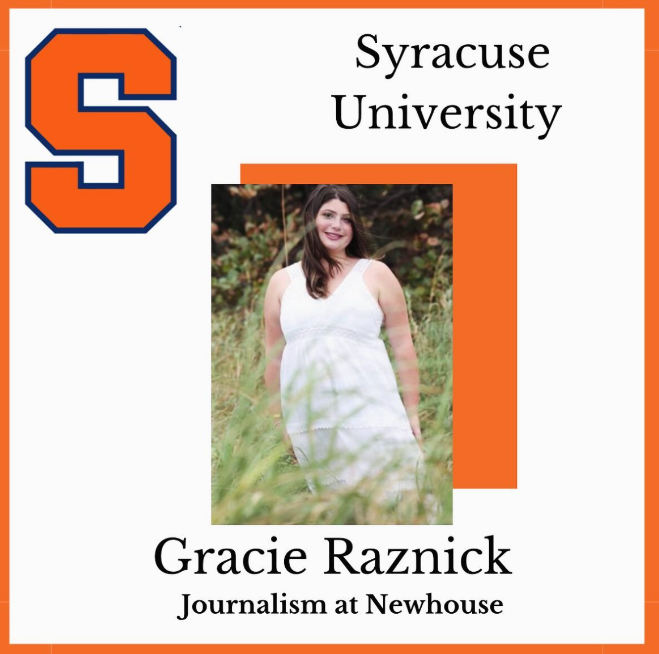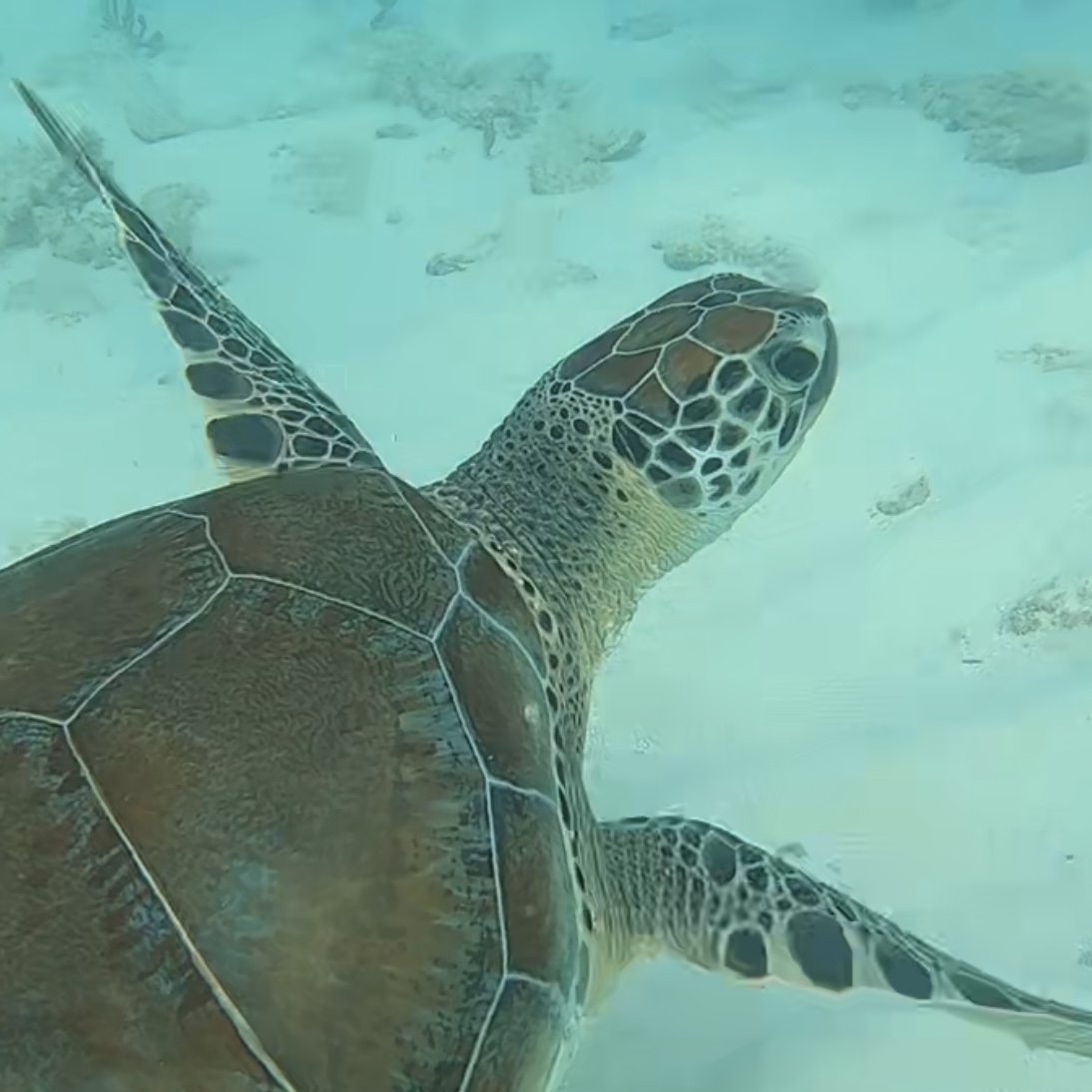About one third of the types of fish that humans consume have been overfished. This leaves the fish in danger of becoming extinct or endangered.
“Overfishing is caused because the ocean is a common resource that is hard to place limits on. Also because we can’t directly see fish, it’s hard to tell how much is left,” Lydia McKeever said, Groves alumni and current biology graduate student at Eckerd University of Florida.
The ocean is like a vast desert. You can’t see to the bottom even when you’re in the middle of it. Because of this, no one knows exactly how many fish are left in a species or if a species is even still alive. Even though it’s illegal to fish certain species, people still do it. This disrupts the oceanic food chain and the balance between predator and prey.
One of the main problems of overfishing is bycatch, and commercial fishing is its main contributor. Bycatch is catching the wrong type of fish and not releasing it back into the sea until it’s too late. The bycatch occurs often when animals are caught in fishing equipment or gear. At least half a million reported animals die in bycatch yearly, including fish and sea birds. And that’s just the fish we know about.
“Tuna fishers have one of the biggest bycatch rates but have been more heavily monitored in recent years. Bycatch and overfishing are detrimental to the ocean ecosystem. When you take out too much of one thing it can quickly cause the death of others and throw off the whole ecosystem,” McKeever said.
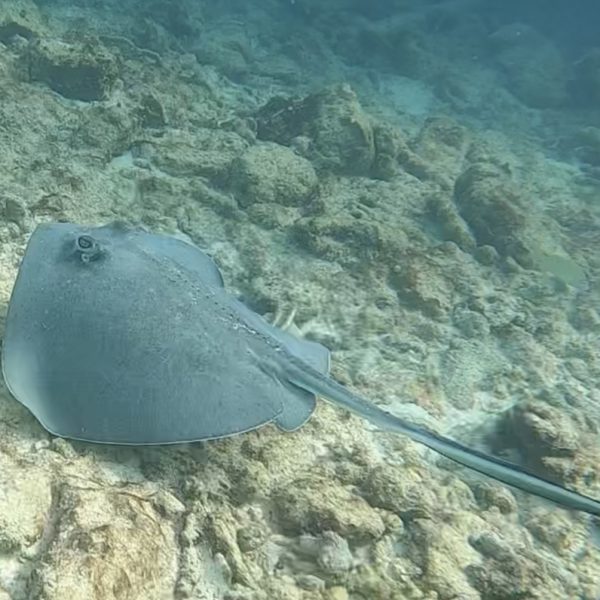
Another thing McKeever mentioned was the effect overfishing has on food chains. This effect is especially hard on animals in the mesopelagic part of the sea, also known as the “twilight zone” of the ocean’s layers. (The twilight zone is 656 – 3,280 feet below the ocean surface where the light intensity is severely reduced). McKeever also alludes to keystone species, which are species important to an ecosystem. If it is removed from the ecosystem, everything else crumbles around it.
“Take, for example, when otters were hunted for their fur. Orcas eat otters, otters eat sea urchins and sea urchins eat kelp. When otters were removed because they were so heavily hunted, the orca population declined. In contrast, sea urchin populations grew tremendously, killing the kelp population and affecting all the animals that depend on kelp,” McKeever said.
This example shows that one change to an ecosystem has the potential to change a whole food chain, not just one animal is affected. This is the same for fish in the sea. If overfishing and bycatch knock out one species of fish then all of the things it eats and animals that eat it will be affected tremendously.
Consider how this all affects the expansive ecosystem that the ocean holds. Many people don’t know how detrimental overfishing and bycatch are to the environment or even stop to think about what went into the process of getting the tuna on their plate. One thing that people can do is to educate themselves with websites like PADI Aware, a nonprofit organization that was made to help sea life. People also need to become more conscious of their actions. Some ways to do this are thinking about where you purchase your fish, or what you throw away or recycle. Any little actions you take now will help the ocean in the future and save lives.


